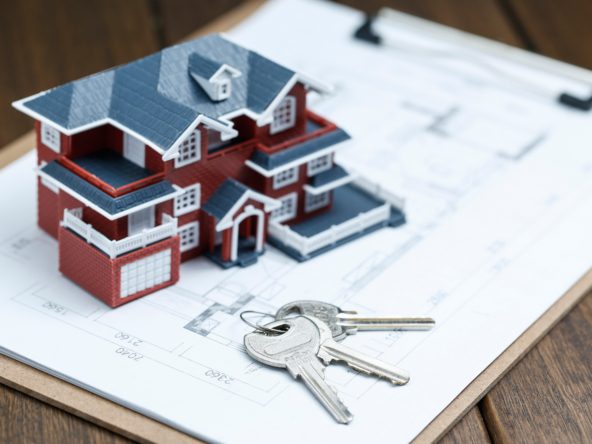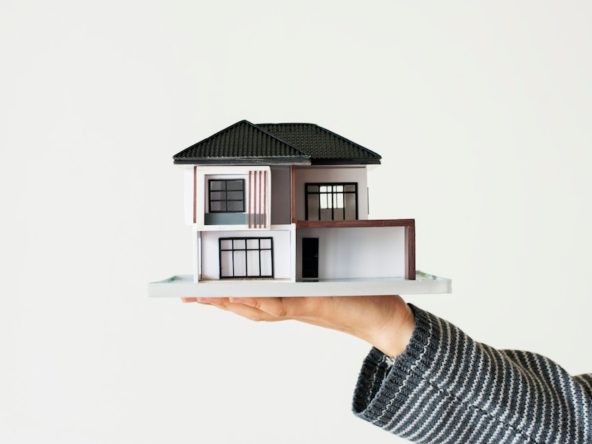Expert Tips for Marketing Your Home and Attracting Buyers. Expert Tips for Marketing Your Home and Attracting Buyers by SF Homes.
Selling a home can be a daunting and challenging task, but with the right marketing strategies, it can be a smooth process. In this article, we will discuss practical insights, strategies, and expert tips for marketing your home, attracting prospective buyers, and selling faster at the best possible price.
I. Introduction
A. Why is marketing important for selling homes?
Marketing is crucial for homeselling as it helps spread awareness and reach out to potential buyers.
B. Benefits of attracting prospective buyers
Attracting prospective buyers allows for a higher chance of selling quickly and at the desired price.
C. Importance of adopting professional marketing skills
Professional marketing skills ensure that your home stands out from the competition and is marketed effectively.
II. Understanding your Target Home Buyers
A. Analyzing the buyers’ demographics
Knowing the buyers’ demographics can aid in developing appropriate marketing strategies and understanding their needs.
B. Understanding their needs
Analyzing the buyers’ needs can help position your home in a way that appeals to them.
C. Developing appropriate marketing strategies
Targeting your marketing to specific demographics can increase the chances of attracting interested buyers.
III. Home Staging
A. Defining home staging
Home staging refers to the art of preparing a home for sale by enhancing its strengths and minimizing its weaknesses.
B. Importance of home staging
Home staging can make your home stand out from the competition and increase its value, leading to increased interest from prospective buyers.
C. How to stage your home effectively
Home staging can be achieved by decluttering, rearranging furniture, depersonalizing, and enhancing curb appeal.
IV. Photography
A. Proper home photography
High-quality photos are critical in grabbing the attention of potential buyers.
B. How to capture attention-grabbing home photos
Photos should showcase the best features of the home, be taken at optimal times, and utilize adequate lighting.
C. Photography techniques when listing homes for sale
Photos should be taken from different angles and highlight unique features of the home.
V. Digital Marketing
A. Digital marketing components
Digital marketing includes listing your home on real estate websites, pay-per-click (PPC) advertising, and social media marketing.
B. Home listing websites
Listing your home on websites such as Zillow and Redfin can increase visibility and attract potential buyers.
C. PPC advertising and social media marketing
Utilizing PPC advertising and social media marketing can increase awareness and drive traffic to your home listing.
VI. Traditional Marketing
A. Importance of traditional marketing tactics
Traditional marketing tactics such as brochures, flyers, and estate ads can be effective in reaching out to potential buyers who are not digitally active.
B. Brochures, flyers, and banners
Brochures, flyers, and banners can be circulated in the neighborhood and surrounding areas.
C. Estate Ads and Direct Mail
Estate ads and direct mail can reach a wider audience and introduce your home to prospective buyers who are not actively searching online.
VII. Pricing Your Home
A. Understanding the market
Understanding the local housing market is crucial in pricing your home effectively.
B. Home valuation techniques
Home valuation techniques include comparative market analysis (CMA) and online home value estimators.
C. Strategies for effective price-targeting
Effective price-targeting includes setting a competitive price, leaving room for negotiation, and offering incentives.
VIII. Working with Home Buying Professionals
A. Hiring a home selling agent
Hiring a professional home selling agent can ensure your home is marketed efficiently and sold at the best possible price.
B. Home selling agent and marketing strategies
Working with a home selling agent can provide access to a network of potential buyers.
C. Collaborating with real estate photographers and other essential home marketing professionals
Collaborating with home marketing professionals can ensure your home is marketed effectively and reaches the right audience.
IX. Hosting Successful Open Houses
A. Tips for staging an open house
Staging an open house involves decluttering, depersonalizing, and enhancing curb appeal.
B. Preparation for open house
Preparation includes setting the right ambiance, preparing refreshments, and ensuring the home is clean.
C. Common mistakes to avoid when hosting an open house
Common mistakes to avoid when hosting an open house include overpricing, over-staging, and not giving enough information to the potential buyers.
X. Upgrades and Renovations
A. Home repairs and upgrades
Home repairs and upgrades increase the home’s value and make it more appealing to potential buyers.
B. Home renovation tips
Renovations such as kitchen and bathroom upgrades can add value and attract potential buyers.
C. Small improvements that can make a home stand out
Small improvements such as fresh paint and landscaping can make a big difference in attracting potential buyers.
XI. Home Sellers Checklist
A. Essential tasks that should not be overlooked when selling your home
Essential tasks include preparing your home for sale, marketing your home, and negotiating with buyers.
B. Home Selling Timeline
A home selling timeline can help keep track of essential tasks and deadlines.
C. Common mistakes to avoid when selling a home
Common mistakes to avoid when selling a home include overpricing, inadequate cleaning, and failing to disclose important information.
XII. Handling Home Inspection and Appraisals
A. Understanding the appraisal process
Understanding the appraisal process is crucial in ensuring your home is accurately valued.
B. Importance of a home inspection
A home inspection can reveal any potential issues and increase the buyer’s confidence in the purchase.
C. Dealing with appraisal problems
Dealing with appraisal problems can involve negotiating with the appraiser or making necessary repairs.
XIII. Negotiating with Buyers
A. Understanding the buyer’s offers
Understanding the buyer’s offers involves evaluating the terms and conditions of the offer.
B. Responding to offers
Responding to offers can involve accepting, rejecting, or counteroffering.
C. Counteroffers to buyers
Counteroffers can involve negotiating on price, contingencies, or repairs.
XIV. Closing the Sale
A. Getting all the required documents
Getting all the required documents involves ensuring that the necessary paperwork is completed and signed.
B. Closing terms
Closing terms include the amount of down payment, closing costs, and closing date.
C. Closing process
The closing process involves transferring ownership of the property and finalizing the sale.
XV. After the Sale
A. Post-sale follow-up with buyers
Post-sale follow-up with buyers can help build a long-term relationship and referrals.
B. Collecting feedback
Collecting feedback helps to understand the buyers’ perspective and improve future home selling experiences.
C. Transition from one home to another
Transitioning from one home to another involves organizing the move, changing utilities, and transferring insurance.
XVI. Frequently Asked Questions
A. Can I sell my home without a real estate agent?
Yes, homeowners can sell their homes without a real estate agent, but it’s essential to know the complexities involved in the process.
B. How much does it cost to sell a home?
The cost to sell a home varies, but it usually involves real estate commission fees, marketing expenses, and closing costs.
C. When is the best time to market a home for sale?
The best time to market a home for sale is during peak season, typically in the spring and summer.
D. Do I have to stage my home before selling?
Staging a home before selling is not mandatory, but it can increase the home’s value and attract potential buyers.
E. What should I look for in a reliable home selling agent?
A reliable home selling agent should have experience, a good reputation, and effective marketing strategies.
Conclusion
Expert Tips for Marketing Your Home and Attracting Buyers
A. Recap of major tips for marketing your home and attracting buyers
Major tips include understanding your target audience, home staging, digital and traditional marketing, pricing, working with home buying professionals, hosting open houses, upgrades, handling inspections, negotiating with buyers, closing, and post-sale follow-up.
B. Final thoughts
Selling a home can be challenging, but with the right marketing strategies and expert tips, it can be an enjoyable and seamless process.




